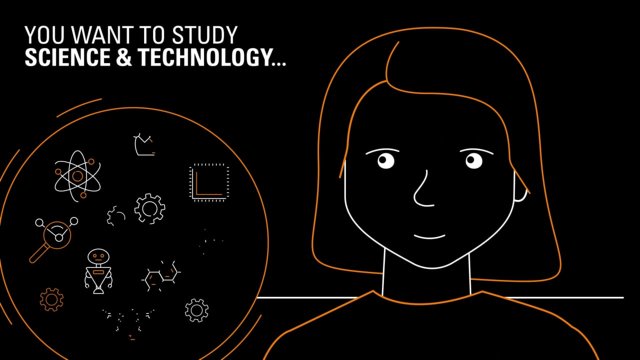In the first year, you build a solid foundation in core science and engineering subjects, including mechanics, electronics, process engineering (thermodynamics), and materials science & nanoscience. You will also strengthen your mathematical skills and develop essential academic abilities. This year prepares you to think and work like an engineer and a scientist.
In the second year, your knowledge broadens and deepens with modules such as analogue and digital signals and systems – a crucial topic in engineering programmes. You will also take vector calculus and apply it in electromagnetism, while exploring areas of personal interest. At the same time, you will be introduced to popular master’s programmes, setting the stage for your future specialisation.
In the third year, you focus on elective modules tailored to your interests, further preparing you for your chosen master’s programme or career aspirations. This final year also includes a graduation project, the culmination of your undergraduate journey. With this final step, you will be well prepared for advanced study or professional pursuits, earning your Bachelor of Science degree.

